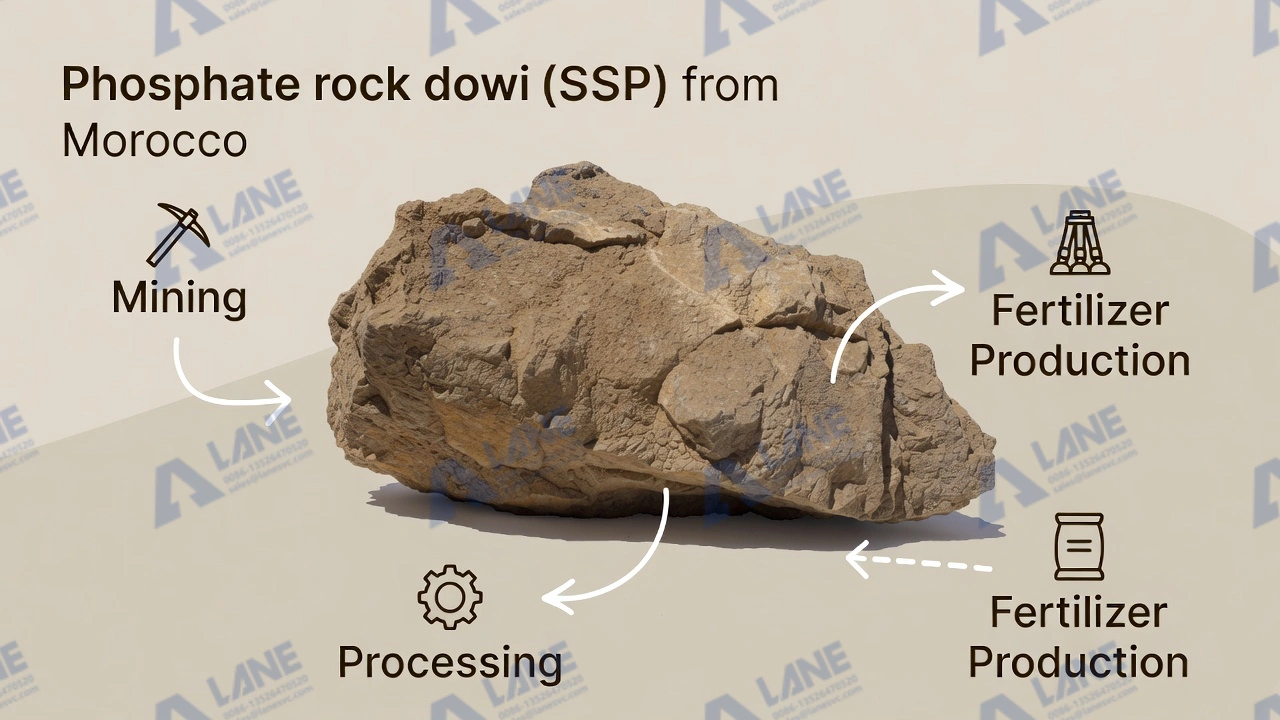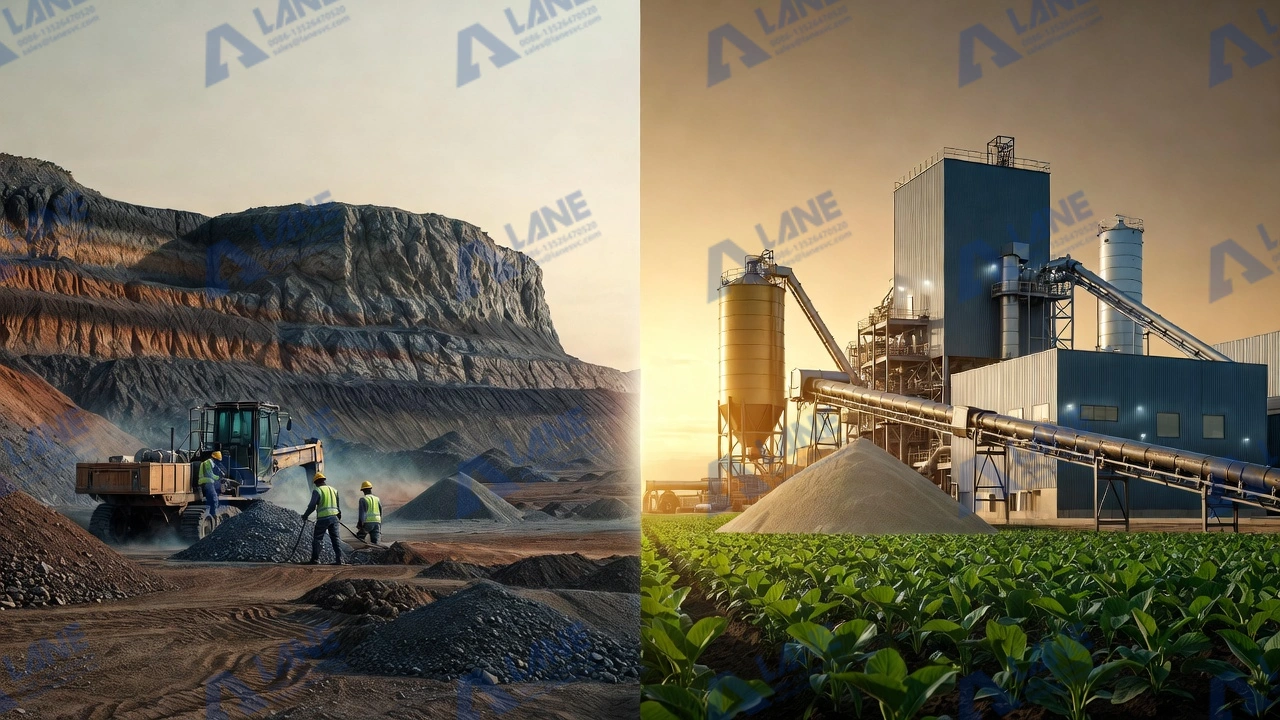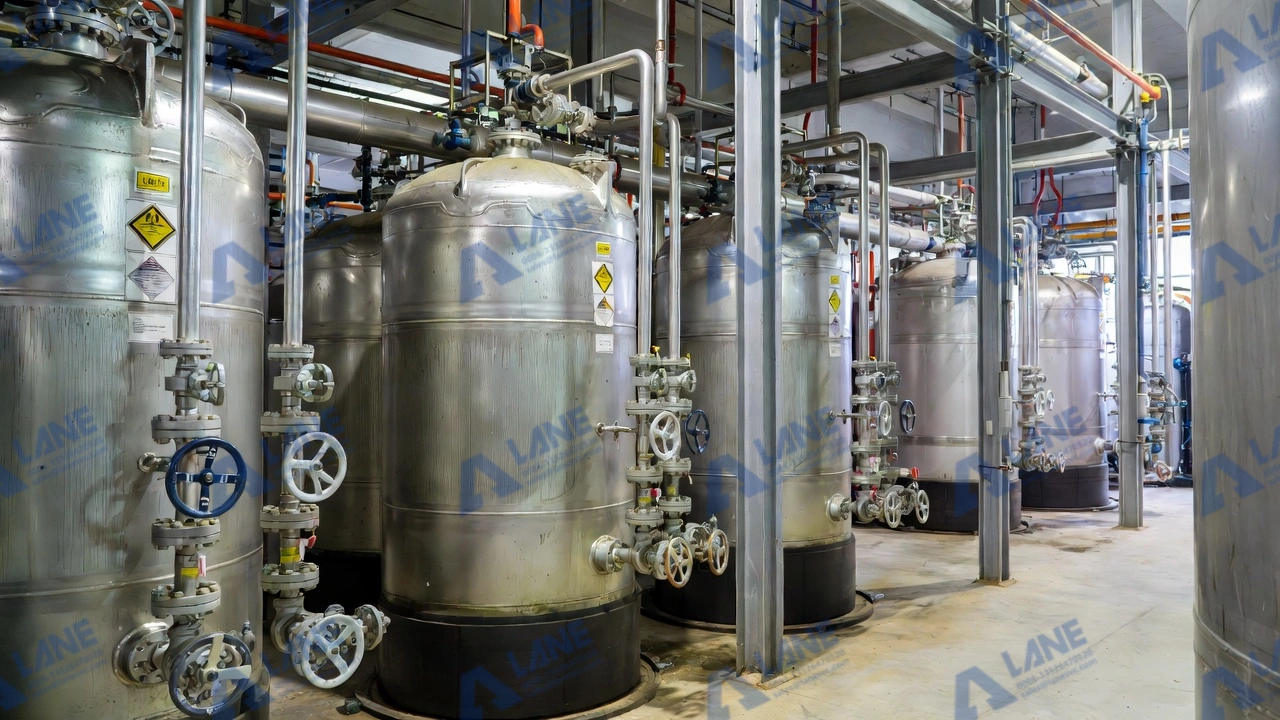SSP Fertilizer Use in Sustainable Farming: Advanced SSP Plant Design for Eco-Friendly Fertilizer Production
- 2025-10-10
Understanding SSP Fertilizer Use in Sustainable Farming
Sustainable agriculture relies on balanced nutrient management to support crop growth and maintain soil health. Among phosphorus fertilizers, SSP fertilizer use in sustainable farming stands out for providing essential nutrients such as phosphorus, calcium, and sulfur, which are critical for root development, photosynthesis, and microbial activity.
This phosphorus-based fertilizer offers steady nutrient release, reducing phosphorus loss and supporting long-term soil fertility. Compared to synthetic alternatives, its application improves soil structure, water retention, and biological activity, making it suitable for environmentally conscious farming systems.
Benefits of SSP Fertilizer Use in Sustainable Farming
Environmentally Friendly and Safe: One major advantage of SSP fertilizer use in sustainable farming is its lower environmental footprint. SSP releases nutrients gradually, minimizing runoff and groundwater contamination. This slow-release property supports eco-friendly agricultural systems and aligns with global goals for sustainable food production.
Enhanced Soil Health and Microbial Balance: Sulfur in SSP enhances nitrogen fixation, stimulating beneficial soil microorganisms. Over time, fields treated with this phosphorus-based fertilizer show improved organic matter content and balanced nutrient levels, maintaining soil vitality across seasons.
Cost-Effective and Locally Accessible: SSP can be manufactured from locally available rock phosphate, making it both affordable and adaptable. For developing agricultural regions, SSP fertilizer use in sustainable farming represents a low-cost yet high-impact solution that supports productivity without compromising environmental standards.

Advanced SSP Plant Design for Eco-Friendly Fertilizer Production
A reliable and efficient production process is essential to ensure consistent fertilizer quality. Modern SSP fertilizer use in sustainable farming depends on well-designed plants that integrate energy-saving, emission-reducing, and automation technologies.
LANE’s Engineering Expertise: LANE provides turnkey SSP production lines, including design, fabrication, installation, and technical guidance. Every stage—from acidulation to granulation—is optimized to deliver consistent performance and precise nutrient composition.
Key Equipment for SSP Production: A modern SSP plant typically includes
- Acidulation reactor for accurate reaction control
- Mixer and granulator for even particle formation
- Dryer and cooler for optimal granule stability
- Screening, coating, and packaging systems for consistent product quality
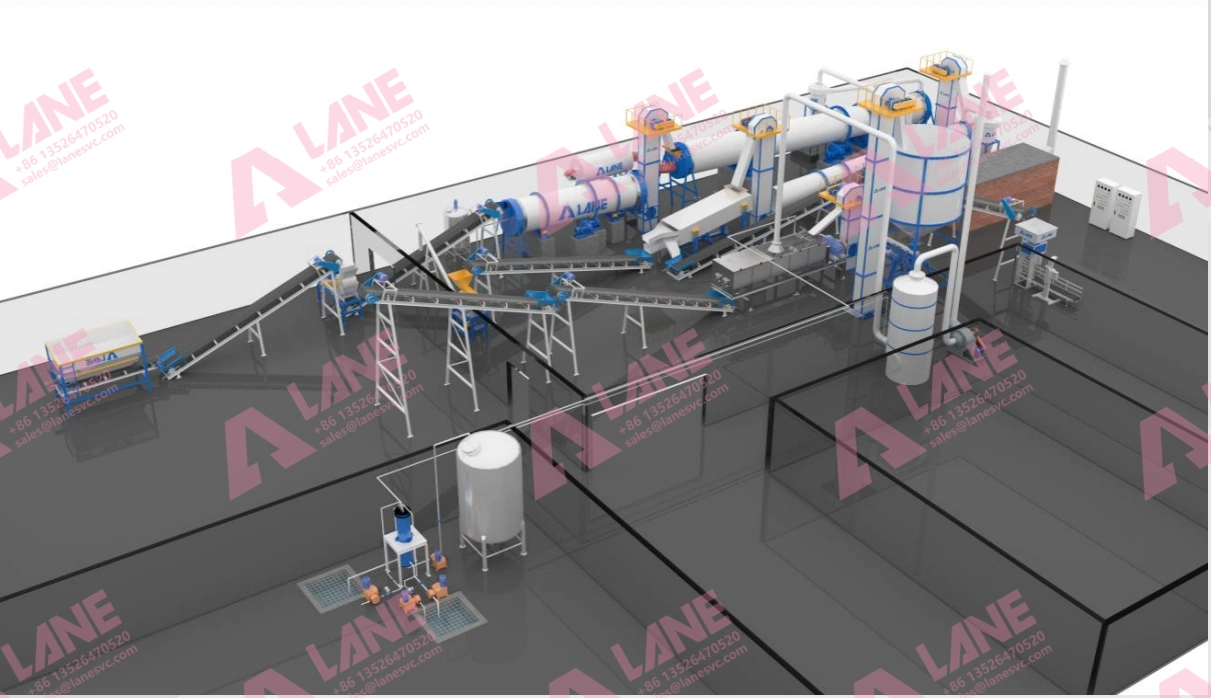
Every component is designed to maximize efficiency and sustainability, supporting large-scale SSP fertilizer use in sustainable farming.
Automation and Emission Control: LANE integrates dust collection, waste acid recovery, and automated monitoring systems. These measures reduce operational costs, comply with environmental regulations, and support eco-friendly fertilizer production.
Integrating SSP Fertilizer Use in Sustainable Farming
Effective Application Practices: SSP fertilizer use in sustainable farming delivers the best results when applied as a basal fertilizer during early growth stages. Its steady phosphorus release supports continuous root and shoot development, improving crop yields and nutrient efficiency.
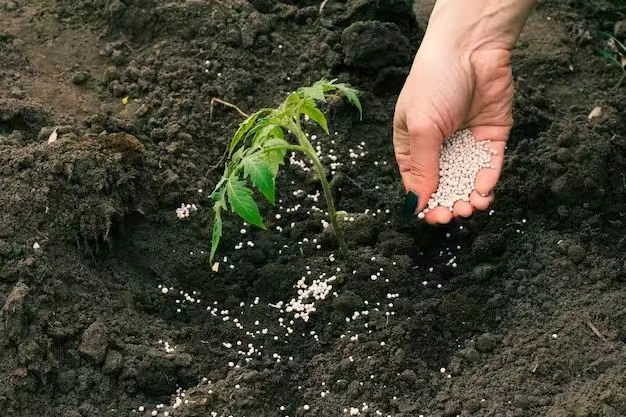
Combining SSP with Organic Fertilizers: Integrating SSP with compost or organic manure enhances nutrient synergy and soil structure. This approach strengthens sustainable nutrient cycles, reduces chemical dependency, and builds resilient agricultural systems.
Why Choose a Reliable SSP Fertilizer Plant Manufacturer
Selecting a dependable manufacturer ensures consistent plant performance. A trusted partner provides advanced equipment, engineering expertise, and full technical support to guarantee smooth operations. LANE, as a professional SSP fertilizer plant manufacturer, delivers complete solutions, including plant design, equipment fabrication, and on-site commissioning. Each project emphasizes energy efficiency, product quality, and environmental protection.
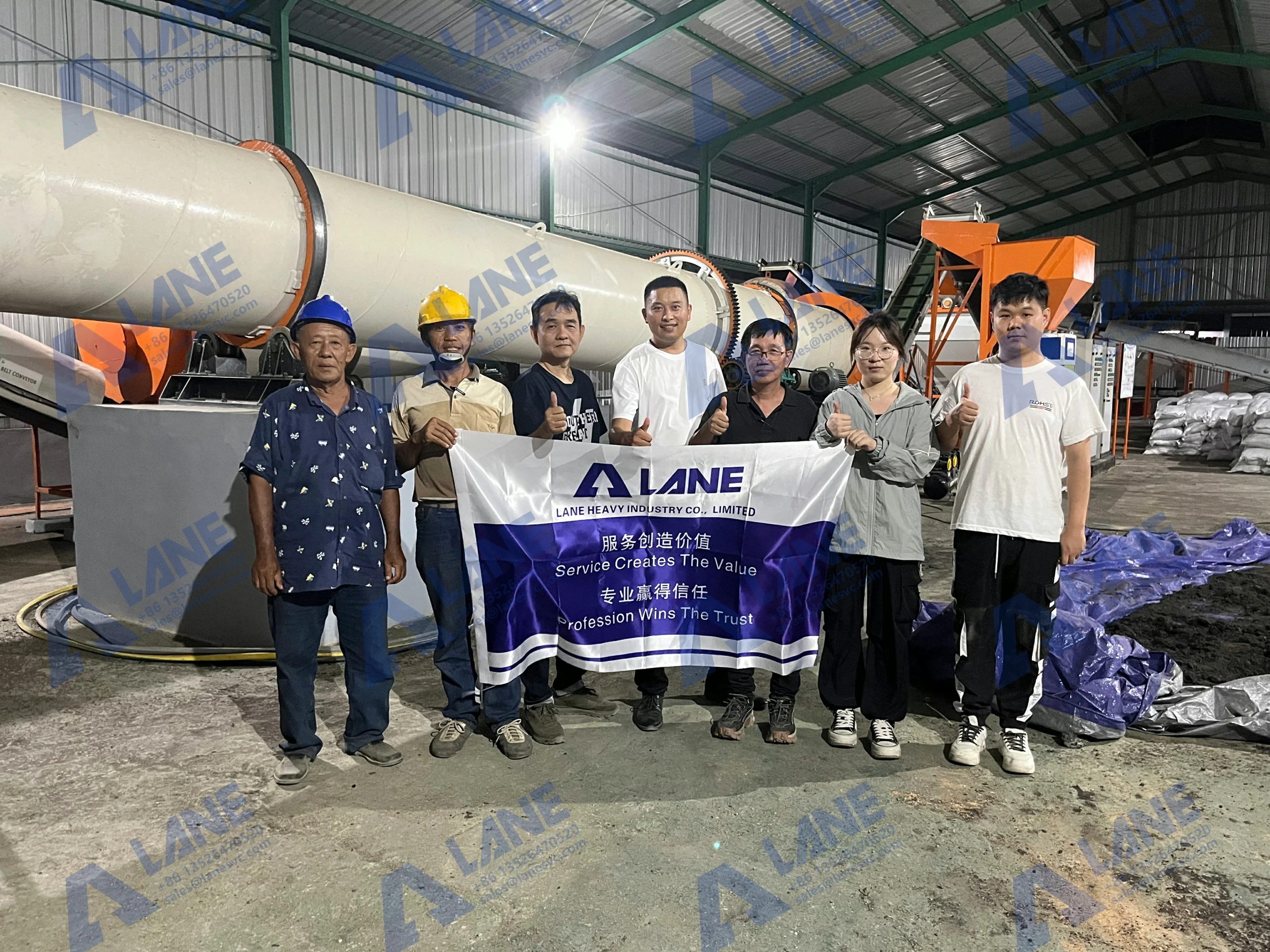
LANE also helps clients implement sustainable manufacturing practices such as heat recovery, emission control, and optimized acid usage. These features directly contribute to more efficient SSP fertilizer use in sustainable farming and environmentally responsible fertilizer production.
LANE’s Role in Promoting SSP Fertilizer Use in Sustainable Farming
Customized Plant Solutions: LANE tailors SSP plant designs to meet local raw material conditions, environmental standards, and capacity requirements. This customization ensures cost-effective and reliable fertilizer production for every market.
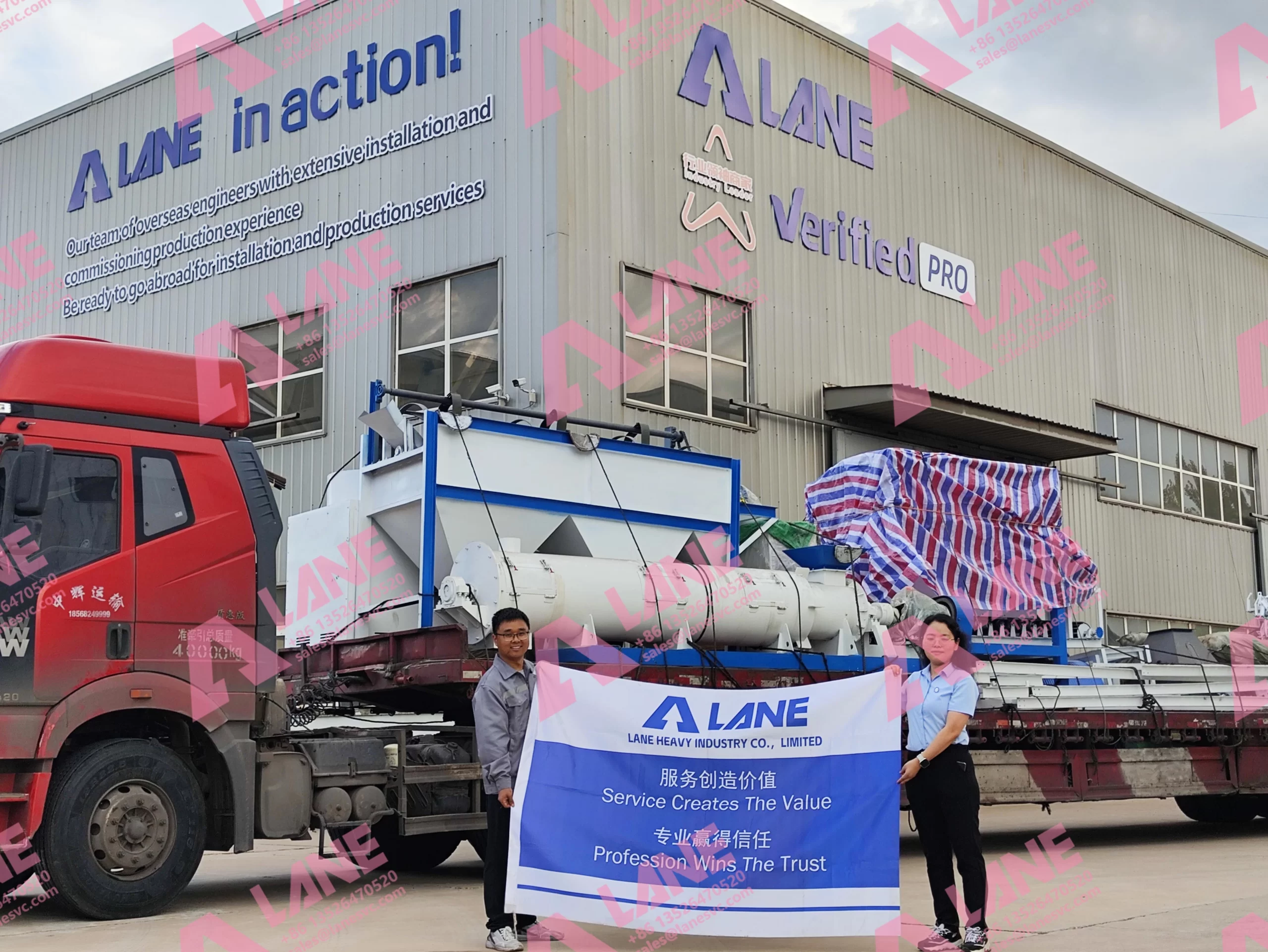
Comprehensive Technical Support: LANE’s technical team provides installation, training, and maintenance assistance, ensuring long-term plant performance and client satisfaction.
Commitment to Green Innovation: By investing in cleaner production technologies and automation, LANE helps fertilizer manufacturers align with sustainable agriculture goals. Its advanced systems ensure that SSP fertilizer use in sustainable farming continues to contribute to global food security and ecological balance.
Conclusion
SSP fertilizer use in sustainable farming continues to play a vital role in achieving sustainable agricultural productivity. As global food demand increases and environmental pressures intensify, farmers and fertilizer producers alike are seeking nutrient solutions that balance efficiency with ecological responsibility. SSP remains one of the most practical and proven options for delivering essential phosphorus and sulfur while maintaining long-term soil fertility. With LANE’s advanced engineering expertise and eco-conscious plant design, producers can modernize their manufacturing processes, reduce resource consumption, and meet international sustainability standards. These innovations not only enhance fertilizer quality and yield performance but also strengthen the industry’s commitment to green, circular, and responsible agriculture.
Ultimately, SSP fertilizer use in sustainable farming represents more than just a nutrient source—it is a strategic approach to fostering resilient food systems and a sustainable future for global agriculture.
For more details, please feel free to contact us.
Henan Lane Heavy Industry Machinery Technology Co., Ltd.
Email: sales@lanesvc.com
Contact number: +86 13526470520
Whatsapp: +86 13526470520


